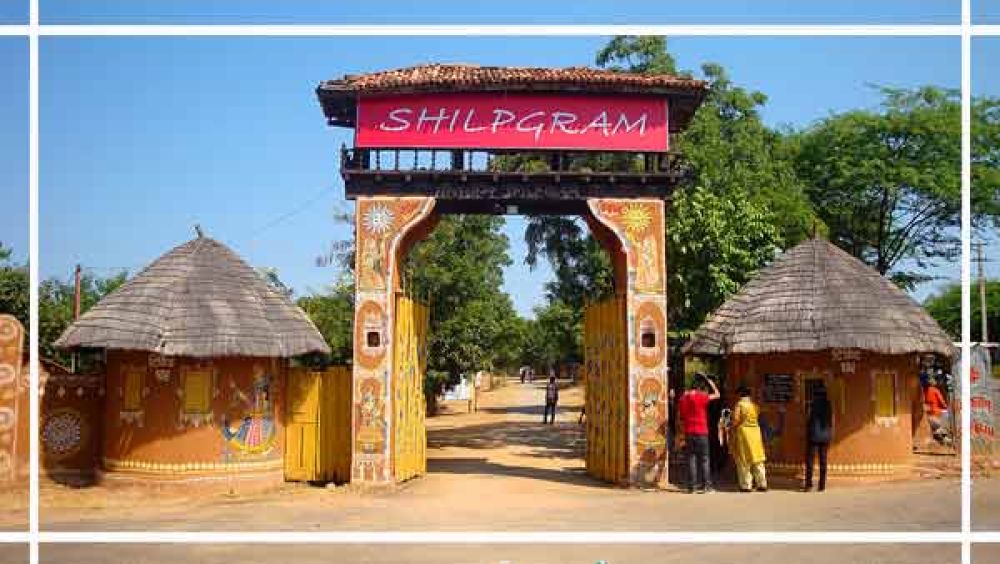

Nestled in the rolling Aravali hills, just 3 kilometers west of Udaipur in Rajasthan, India, lies the rural arts and crafts complex known as Shilpgram. Literally translated to "Craftsmen's Village", this ethnographic museum has been a significant attraction and a source of cultural education since its establishment in 1989.
Shilpgram was conceptualized to promote the arts, crafts, and cultural heritage of the Western states of India. It was inaugurated by Rajiv Gandhi, the then Prime Minister of India. The idea was to give rural artisans an opportunity to showcase their skills and to provide them with a supportive platform for economic growth.
The complex sprawls over 70 acres of natural landscapes, a perfect backdrop for this rustic village setting. It comprises a series of traditional huts, each representing the diverse ethnic lifestyles of the four Western states of India: Rajasthan, Gujarat, Goa, and Maharashtra. With the years, Shilpgram has become a significant hub for traditional crafts and has boosted cultural tourism in Rajasthan.
The annual Shilpgram Festival, which takes place over ten days at the end of December, attracts thousands of visitors. This festival is a significant draw for tourism to Udaipur, as it presents a lively array of dance, music, and artistry from across the rural territories it represents.
The fusion of social and cultural events has had a positive impact on tourism in Udaipur. Visitors get to experience first-hand the traditional lifestyle of indigenous tribal people. Workshops for pottery, weaving, and other crafts offer tourists a chance to learn these ancient skills, making Shilpgram not just a spectacle, but an interactive cultural experience.
Eco-friendly tourism practices have also been integrated into the operation of Shilpgram. Efforts are made to maintain the natural beauty of the region and promote sustainable tourism that benefits the local communities economically without harming their environment.
In recent years, Shilpgram has adapted to cater to modern tourists’ expectations while preserving authenticity. Experiences like traditional Rajasthani meals, cultural performances, and camel rides have been enhanced for greater visitor engagement.
The integration of digital tools such as virtual tours and online craft workshops has made Shilpgram more accessible to a global audience. Through social media and a growing online presence, artisans are now reaching international markets, which only adds to the allure of visiting Shilpgram in person.
Adventure tourism is also on the rise, with activities like trekking and camping around the Aravali hills gaining popularity. These adventures are often coupled with a visit to Shilpgram, offering a blend of adrenaline and culture.
In summary, Shilpgram, Udaipur has become more than just a place to witness traditional crafts; it represents a unique amalgamation of cultural discovery, sustainable tourism, and socio-economic upliftment for the rural artisan community. Its ongoing popularity as a tourist destination reaffirms its enduring charm and importance.